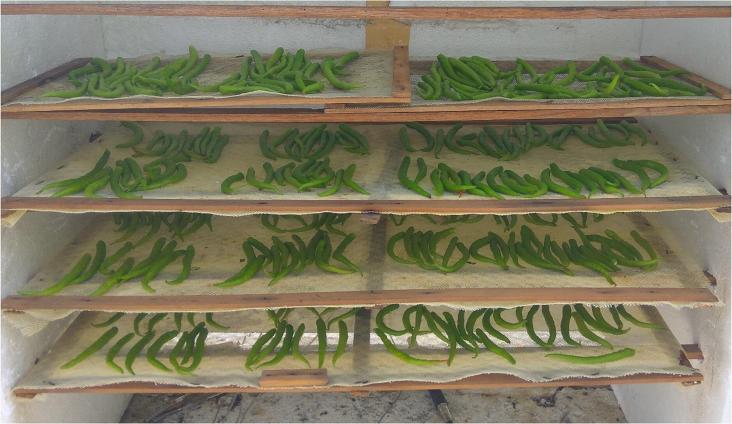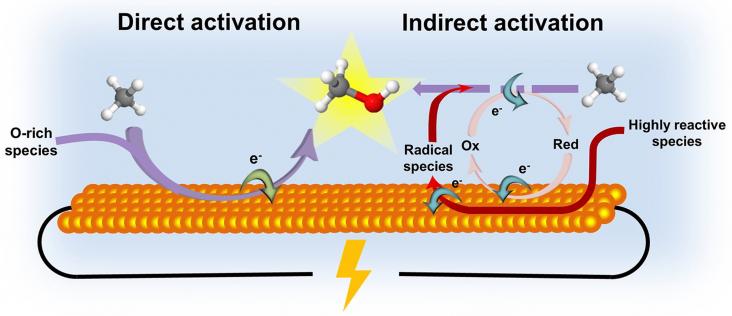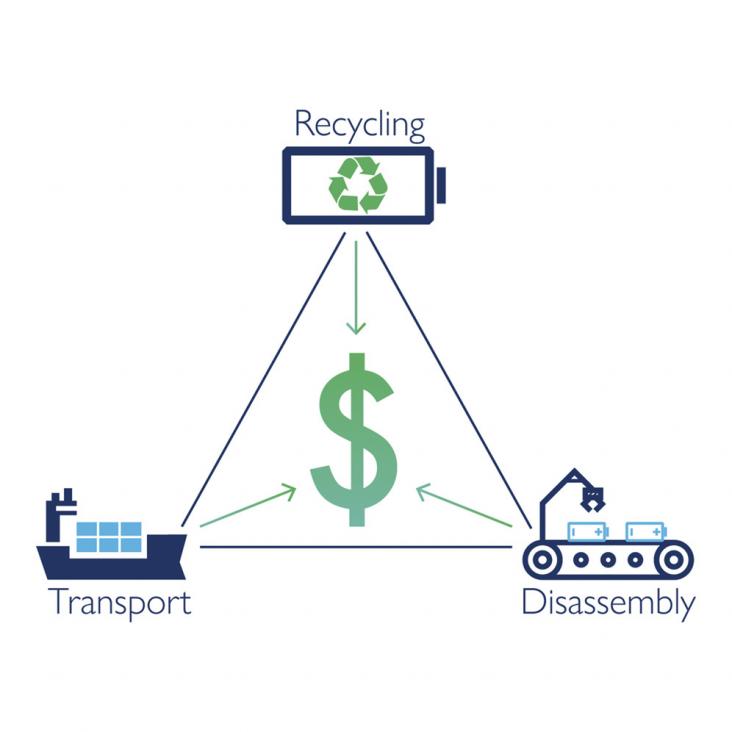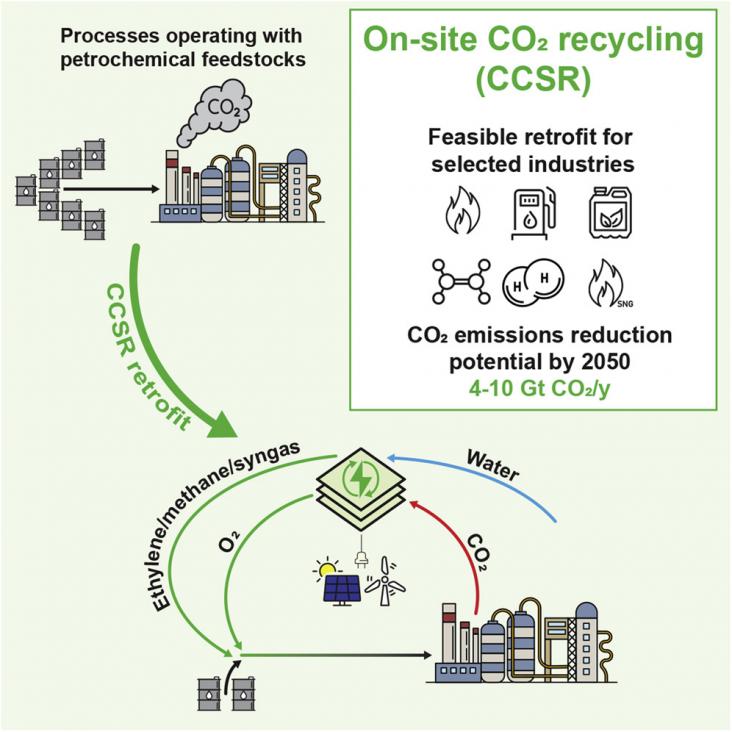Renewable energies have been discussed as the main efficient solution for solving many issues regarding climate change.
This article supports SDGs 7 and 9 by introducing interpretable artificial intelligence (AI) tools, especially proxy models based on artificial neural networks, efficient variable analysis and optimal value prediction of membrane electrode components in proton exchange membrane fuel cells, thereby improving their performance and reducing computational costs.
The review examined the potential of renewable and non-renewable energy resources and the current state of exploitation in Kenya.

The energy, exergy and economic analysis of indirect type solar dryer (ITSD) was performed while drying green chilli under forced and natural convection.

The direct conversion of methane to methanol is very promising to achieve a decarbonized future but remains a great challenge.
Owing to its versatility, biomass can be used for a range of CO2 mitigation and removal options.

Economically viable electric vehicle lithium-ion battery recycling is increasingly needed; however routes to profitability are still unclear.
Supports wind energy

The chemical industry needs to significantly decrease carbon dioxide (CO2) emissions in order to meet the 2050 carbon neutrality goal.

